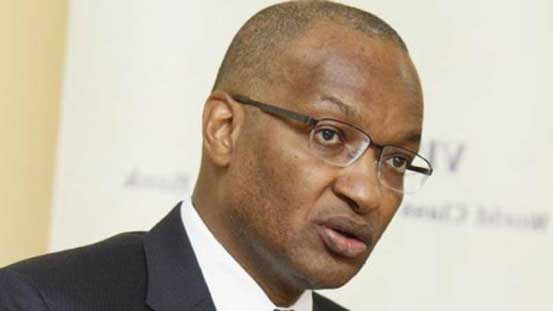
NAIROBI, KENYA: The Helen Suzman Foundation (“HSF” reminds me about what the Supreme Court has been subjected to. The “HSF” focuses on the values enshrined in the Constitution whose theme is that ‘Central to the freedoms conferred by the Constitution are checks and balances designed to guard against abuse of power.
These checks and balances arebacked by a division of functions between the Executive, Legislature and Judiciary. Within this framework are institutions, which need independence from day-to-day political pressures if they are to serve and protect the public.